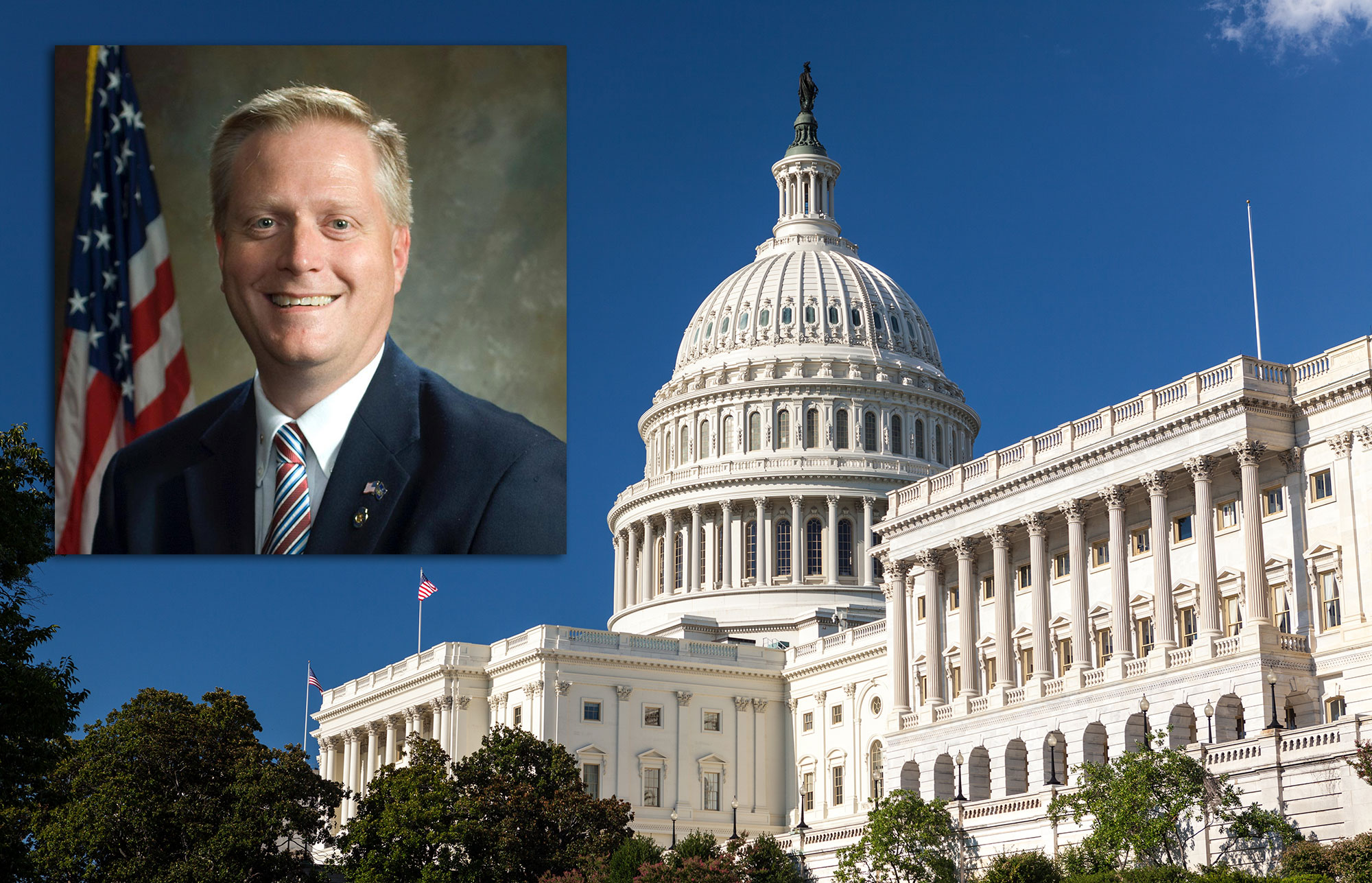Says Democrats’ partisan workforce proposal will stifle private sector innovation, kill jobs
Washington, D.C. – Today, Congressman Fred Keller (R-PA) voted against House Democrats’ H.R. 8294, the National Apprenticeship Act of 2020, a bill that disregards the needs of the current economy and the modern American workforce. The bill was passed by a vote of 246-140.
On Thursday, Keller spoke on the House Floor in opposition to H.R. 8294, saying that, while apprenticeship programs are vital for the success of American workers and businesses, the bill misses the mark in making much-needed updates to a severely outdated apprenticeship system. Below are excerpts of his remarks.
I rise today in opposition of H.R. 8294, the National Apprenticeship Act of 2020.
H.R. 8294 aimed to address many needed updates; however, it completely failed to address and expand work-based learning programs beyond the traditional registered model.
Given the impacts of the COVID-19 pandemic on our economy, now more than ever we need an apprenticeship system that provides tools and opportunities for workers to succeed and will encourage our small and medium-sized businesses to participate.
The current administration has addressed these needs by creating the industry recognized apprenticeship program, commonly referred to “IRAPS”.
It’s time that we allow employers to participate in a system that is reflective of their needs and the needs of the workforce.
Doing so will open greater pathways to work for current workers and job seekers and ultimately get more Americans back to work.
Most importantly, this bill would actively prevent IRAPs from moving forward, decimating thousands of opportunities for workers to participate in a dynamic and innovative apprenticeship system.
In addition to his concerns with the broader bill, Keller conveyed his strong opposition to an amendment offered by Congressman Mike Levin (D-CA) which attempts to elevate the wants of unions over the needs of the American people.
This amendment essentially restricts non-union entities from being able to apply for funding under Title II, allowing taxpayer dollars to go to apprenticeship programs that partner only with unions.
At best, it is signaling that congress would rather double down on a union-dominated registered model rather than expanding to new participants.
BACKGROUND:
Keller offered an amendment to H.R. 8294 that would ensure that apprenticeship programs protect the safety and well-being of apprentices equally across the board by requiring state registration agencies to hold all programs to the same standard, regardless of which entity sponsors the program.
Without this important amendment, H.R. 8294 creates a special carve-out for union-sponsored apprenticeship programs, allowing them to ignore safety requirements that ensure that a sufficient number of supervisors are present on the job site to protect workers.
This amendment was blocked by Democratic leadership.


